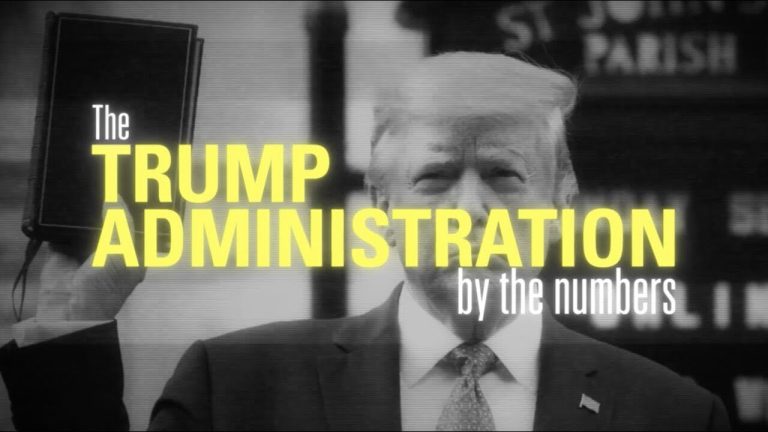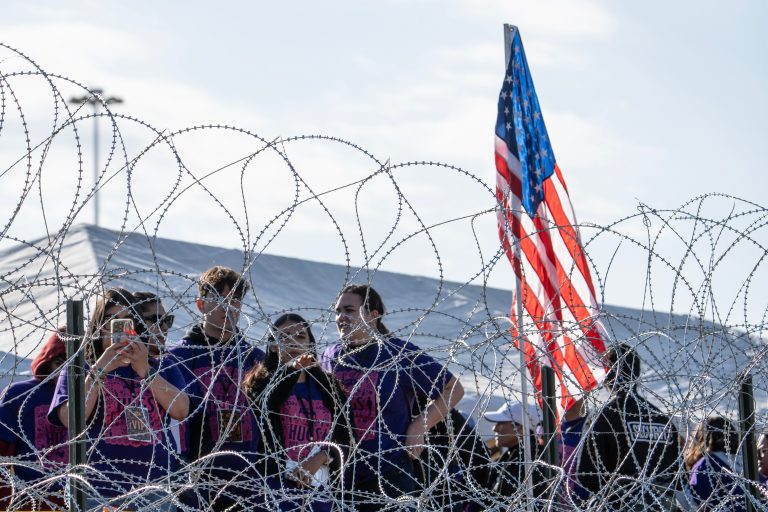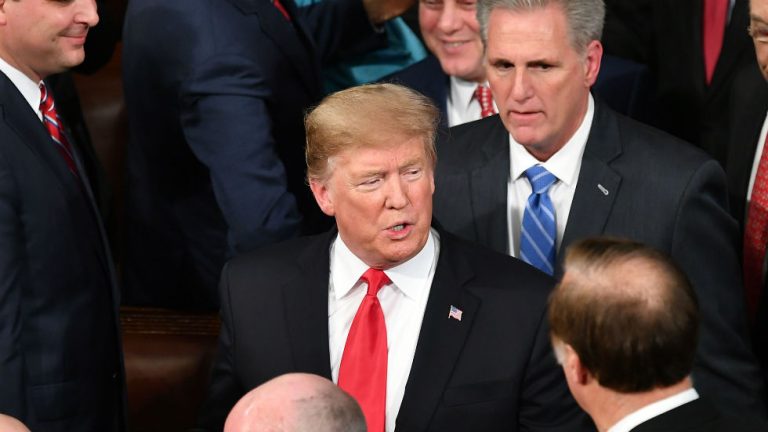

Secure Our Borders, Secure Our Future: A Patriot’s Call to Action
The very notion of a nation hinges on its borders. They are not merely lines on a map; they are the tangible manifestation of sovereignty, identity, and the promise of a shared future. “Secure Our Borders, Secure Our Future” is more than a slogan; it’s a fundamental principle echoing the concerns of patriots throughout history. But what does securing our borders truly entail in the 21st century, and how do we balance security with the values that define our nation?
This isn’t a simplistic call for walls and fences, though physical infrastructure plays a role. It’s a multifaceted challenge demanding a nuanced and comprehensive approach, acknowledging the economic, social, and humanitarian dimensions interwoven with national security.
Understanding the Multifaceted Threat:
Securing our borders isn’t solely about preventing illegal immigration. It’s about mitigating a spectrum of threats, including:
- Transnational Crime: Drug trafficking, human smuggling, and the flow of illicit weapons across borders fuel instability and undermine the rule of law.
- Terrorism: Weak border security provides fertile ground for terrorist organizations to infiltrate and plan attacks.
- Economic Instability: Uncontrolled migration can strain resources and impact the job market, potentially leading to social unrest.
- Biosecurity Risks: The ease of cross-border movement necessitates robust systems to prevent the spread of infectious diseases and agricultural pests.
Beyond the Physical Barriers: A Holistic Approach
A truly secure border requires a strategy that goes beyond physical barriers. It demands:
- Technological Advancement: Investing in advanced surveillance technologies, including drones, AI-powered analytics, and biometric identification systems, is crucial for efficient border management.
- Enhanced Intelligence Gathering: Collaboration with international partners and leveraging intelligence agencies to track and disrupt criminal networks is essential.
- Streamlined Legal Immigration Processes: A fair and efficient legal immigration system reduces the incentive for illegal crossings and fosters integration.
- Comprehensive Border Patrol Training: Equipping border agents with the necessary skills, resources, and training to handle diverse situations effectively is paramount.
- Community Engagement: Building trust and fostering collaboration with border communities is vital for effective enforcement and intelligence sharing.
The Economic Equation:
While securing our borders necessitates investment, it yields significant long-term economic benefits. Reduced crime, improved public health, and a more stable economy all contribute to a stronger financial future. The cost of inaction far outweighs the cost of implementing a robust security strategy.
Table: Balancing Security and Compassion
| Approach | Benefits | Challenges |
|---|---|---|
| Enhanced Border Security | Reduced crime, improved national security | Potential for human rights concerns |
| Legal Immigration Reform | Skilled labor influx, economic growth | Requires careful planning and resource allocation |
| International Cooperation | Shared intelligence, collective responsibility | Requires diplomatic skill and trust-building |
A Call to Action:
Securing our borders isn’t a partisan issue; it’s a patriotic imperative. It requires a national conversation, fostering collaboration between government agencies, private sector stakeholders, and the public. We must embrace innovative solutions, leverage technology, and prioritize both security and humanitarian concerns. By working together, we can secure our borders, strengthen our nation, and build a brighter future for generations to come. This is not simply about walls, but about a future where our national interests are protected while upholding our values. Let’s unite under this shared goal, for the security and prosperity of our nation.

Additional Information
A Deeper Dive into “Secure Our Borders, Secure Our Future: A Patriot’s Call to Action”
The title “Secure Our Borders, Secure Our Future: A Patriot’s Call to Action” suggests a framing of border security as intrinsically linked to national prosperity and safety. This necessitates a deeper analysis beyond the surface-level rhetoric often employed in such appeals. To provide a robust examination, we need to dissect the underlying assumptions, potential consequences, and alternative perspectives.
Underlying Assumptions & Implicit Arguments:
The central argument rests on several key assumptions that require critical evaluation:
-
Assumption 1: Increased border security directly equates to increased national security. This assumption needs rigorous scrutiny. While stronger border controls can deter some criminal activity and potentially limit the flow of illicit goods, it’s crucial to examine the correlation, not just assume causation. For instance, statistics on drug seizures at the border might be presented as evidence of success, yet this overlooks the potential for drug trafficking to adapt to new security measures, simply shifting routes or methods. A comprehensive analysis would require examining overall drug availability and prices to ascertain the true impact of border security efforts.
-
Assumption 2: Undocumented immigration poses a significant threat to national security and the economy. This is a highly contested claim. While some undocumented immigrants may commit crimes, studies comparing crime rates among native-born citizens and undocumented immigrants offer varying conclusions. Furthermore, the economic impact is complex. While some argue undocumented immigrants depress wages in certain sectors, others highlight their significant contributions to the economy through labor-intensive jobs and consumption. A balanced analysis must consider both sides, citing credible sources like the National Academies of Sciences, Engineering, and Medicine, and avoiding generalizations.
-
Assumption 3: Stricter border enforcement is the most effective solution. This ignores the potential for alternative solutions, such as comprehensive immigration reform, addressing the root causes of migration (poverty, violence, climate change), and investing in international cooperation. A comprehensive analysis should compare the cost-effectiveness and overall impact of stricter enforcement versus alternative approaches, considering factors like humanitarian concerns and the potential for unintended consequences.
Potential Consequences & Unintended Effects:
A purely enforcement-focused approach can lead to:
-
Humanitarian Concerns: Increased border security often leads to increased deaths among migrants attempting to cross illegally. The use of deterrents like walls and increased surveillance can push migrants into more dangerous routes, leading to higher casualty rates. This ethical dimension needs to be thoroughly considered.
-
Economic Impacts: While proponents argue for economic benefits, the costs of increased border security (personnel, technology, infrastructure) are substantial. Moreover, restricting the flow of labor can impact certain industries reliant on migrant workers. A comprehensive cost-benefit analysis considering both short-term and long-term economic consequences is vital.
-
International Relations: Strict border control policies can strain relations with neighboring countries, especially if they involve actions that violate international human rights laws or agreements.
Alternative Perspectives & Solutions:
A truly balanced approach would consider:
-
Comprehensive Immigration Reform: This includes pathways to legalization for undocumented immigrants, addressing visa backlogs, and establishing a more efficient and humane immigration system.
-
Addressing Root Causes of Migration: Investing in development aid, promoting good governance, and addressing conflict and climate change in countries of origin can significantly reduce migration pressure.
-
International Cooperation: Collaboration with other countries to combat transnational crime and manage migration flows is essential.
Conclusion:
A thorough examination of “Secure Our Borders, Secure Our Future” requires moving beyond simplistic slogans and engaging in a nuanced analysis of the complex interplay between border security, national security, economic considerations, and humanitarian concerns. By considering alternative perspectives, acknowledging potential unintended consequences, and incorporating credible data and research, a more informed and responsible discussion can be fostered. Simply asserting a direct correlation between stricter borders and a secure future is an oversimplification that ignores the multitude of factors at play and the potential for unintended consequences.







